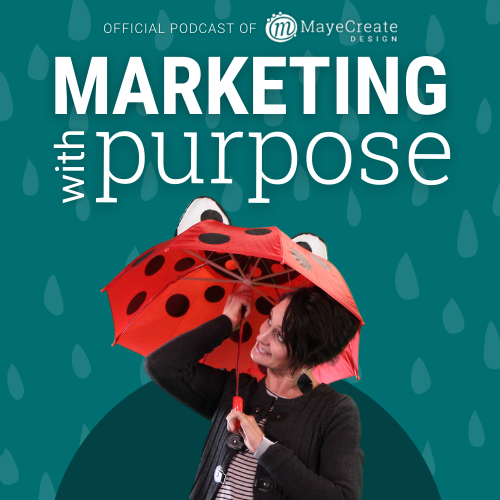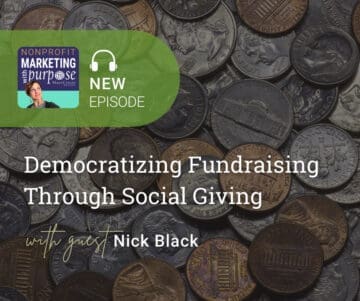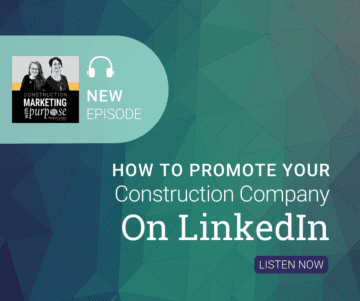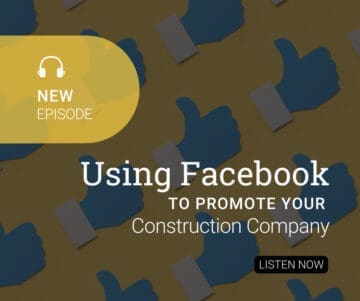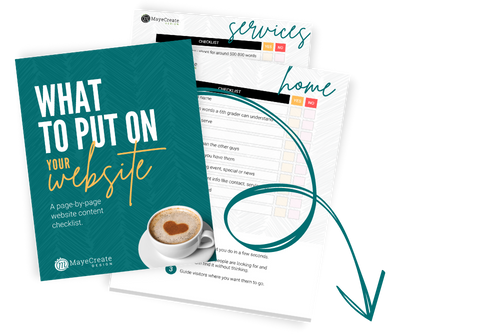Health Care Industry Embraces Social Media Interactions
July 5, 2014
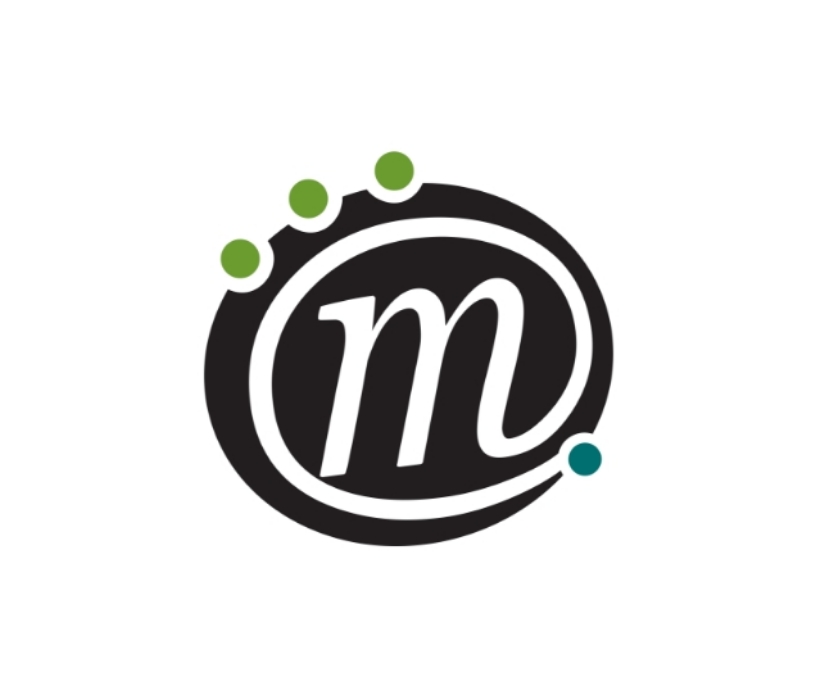
CONSUME CREATIVELY
This content is available in:
This content is available in:
TEXT
It’s a social media takeover in health care!
The way we access information has been transforming rapidly. Just the other day as I was driving past the Forum 8 movie theater sign, my friend made a comment about how they don’t even display the movies or show times anymore.
And then it hit me: the evolution of how show times have been shared in just the past 10 to 15 years is phenomenal. I remember having to look up the name of the theater in the Yellow Pages, dialing the number on our stationary home phone (the kind with a 5 foot cord), and having to wait and listen through all the show times for every movie playing that night. It was at least a 5 minute process, if not longer. Now, I can do a quick search on my cell phone and know the show times for every movie almost instantaneously.
But quicker retrieval of movie show times isn’t the only way our information gathering processes have changed over the years. Social media has recently become a huge contributor to the way people access information and interact. Specifically in recent years, social media has been impacting the health care industry.
Social Media Consumer Survey
PwC’s Health Research Institute conducted a social media consumer survey of 1,060 U.S. adults and published a report of their findings called “Social media “likes” healthcare: From marketing to social business.” Some of the discoveries were pretty remarkable. Here are a few of the highlights.
- 42% of consumers have used social media to access health-related consumer reviews.
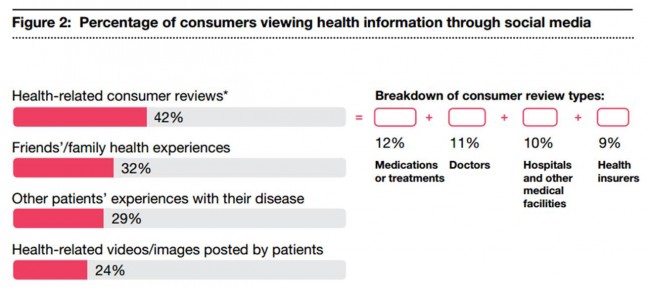
Image from PwC’s Social Media Consumer Survey report.
- 24% of respondents said they’ve posted about health care experiences or updates on social media.
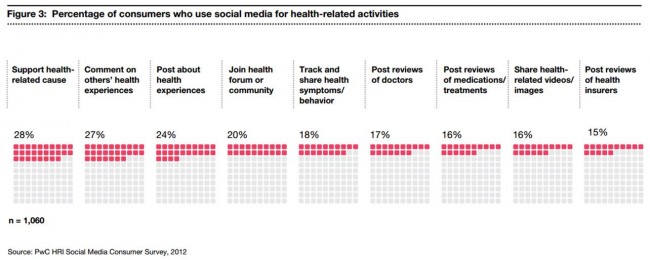
Image from PwC’s Social Media Consumer Survey report.
- 45% of consumers confirmed that information found on social media would affect their decision to seek a second opinion from another doctor.
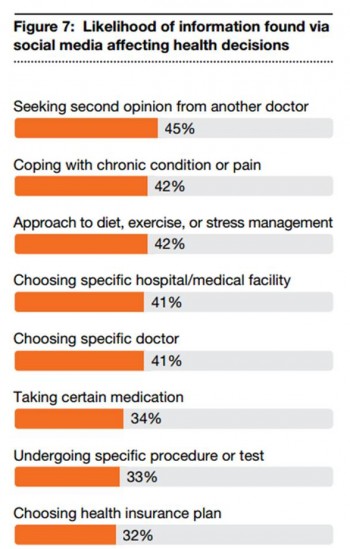
Image from PwC’s Social Media Consumer Survey report.
- 1/3 of consumers are using social media for health related matters/discussions.
- 61% of respondents said they are likely to trust information posted to social media by health care providers. However, only 37% of consumer respondents said they are likely to trust information posted by drug companies.
Survey Takeaways
All of these percentages point to the fact that social media sites serve as important sources of information related to health care. The information available on social media is strongly influencing the decision making process for consumers in regards to how and when they select treatments and providers. Health care providers need to be extremely conscious of the information they’re posting on social media because of the high level of trust patients and consumers place in that information.
How can health care companies use social media?
It’s obvious that social media is now a go-to resource for information related to health issues, so health care companies need to get smart about the way they use these sites. Since strong patient-provider communication is key to a trusting relationship, here are a few suggestions for how health care companies can foster that communication on a platform that consumers want to receive information on.
Health care companies can use social media sites to:
- Share lifestyle advice.
- Release results of treatment studies.
- Link consumers to interactive games, videos or workbooks that help them manage their diet and exercise.
- Create patient communities where they can go for support, share how they’re doing, and compare their experiences to others.
How can consumers benefit from health care social media sites?
Social media sites and online communities are great places for patients and health care consumers to interact at their own pace and feel comfortable, especially when it comes to sensitive issues.
Health care consumers can use social media sites to:
- Share attitudes towards physicians, drugs, devices, treatments, hospitals, health plans, etc.
- Access educational resources or materials.
- Support others dealing with the same health-related issues.
Is there a negative news bias when sharing health-related information on social media?
One of the biggest worries that health care providers may have about patients sharing and discussing health-related stories on social media is that they’ll be more likely to share negative experiences than positive ones. However, the Health Research Institute survey results proved that social media is not just an invitation for negative commentary. Only 5% of the social media mentions they tracked were categorized as portraying a negative sentiment, compared to more than 80% of interactions ranking as neutral and the rest containing positive sentiments.
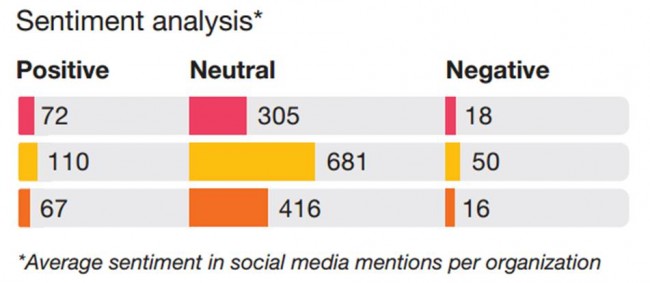
Image from PwC’s Social Media Consumer Survey report.
In every category, people were more likely to share positive health experiences via social media than negative ones.
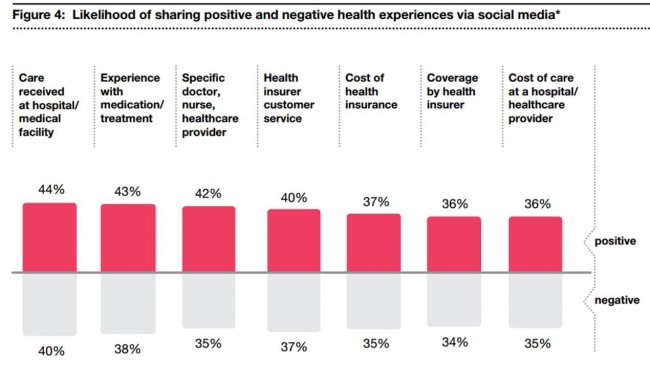
Image from PwC’s Social Media Consumer Survey report.
Ultimately, discovering that consumers want to find information and discuss health-related topics on social media is a good thing for providers because it can lead to increased efficiency and potentially revenue growth. By accepting this as a popular platform for consumers to access health information on, health care companies can gain many more consumer insights, which can lead to higher quality care and loyal customers.
If you’re interested in more in-depth information, you can download the full report or check out the interactive graphic detailing how different demographics of consumers use social media for health-related issues.
Who Manifested This Madness?

This fabulous human, that's who.
Monica Maye Pitts
Monica is the creative force and founder of MayeCreate. She has a Bachelor of Science in Agriculture with an emphasis in Economics, Education and Plant Science from the University of Missouri. Monica possesses a rare combination of design savvy and technological know-how. Her clients know this quite well. Her passion for making friends and helping businesses grow gives her the skills she needs to make sure that each client, or friend, gets the attention and service he or she deserves.

